
Hong Kong

Vietnam

Philippines

Singapore

Thailand

Japan

UAE

Egypt

China

South korea

Malaysia



Planning an event is only half the battle; the real challenge lies in getting people to show up. Whether you’re hosting a corporate seminar, product launch, or public festival, finding effective ways to increase event attendance is key to making your efforts worthwhile.
In this guide, let’s explore 17 proven strategies to help you attract more attendees, boost engagement, and ensure your event leaves a lasting impression.
Boosting attendance doesn’t happen by chance. It requires a well-thought-out strategy that combines creativity, data, and flawless execution. We’ve compiled 17 tactics to increase event attendance, from pre-event marketing to day-of logistics. These actionable tips will help you attract the right audience and fill more seats.
The foundation of any successful event is a compelling concept that resonates with your target audience. Think beyond the basic logistics and consider what makes your event unique.
Is it the speakers, the networking opportunities, the theme, or the exclusive content? Your event should offer a clear, specific reason for someone to attend. If people can’t quickly understand what’s in it for them, they’re unlikely to commit.

Your value proposition should be front and centre in all your marketing materials. Make it simple, benefit-focused, and easy to communicate. A strong hook like “Learn from Singapore’s top industry leaders” can make the difference between a quick signup and a missed opportunity.
Understanding your audience is crucial to attracting the right attendees. Create detailed audience personas that include demographics, interests, motivations, and pain points. Whoever you’re targeting, your messaging should speak directly to what matters most to them.
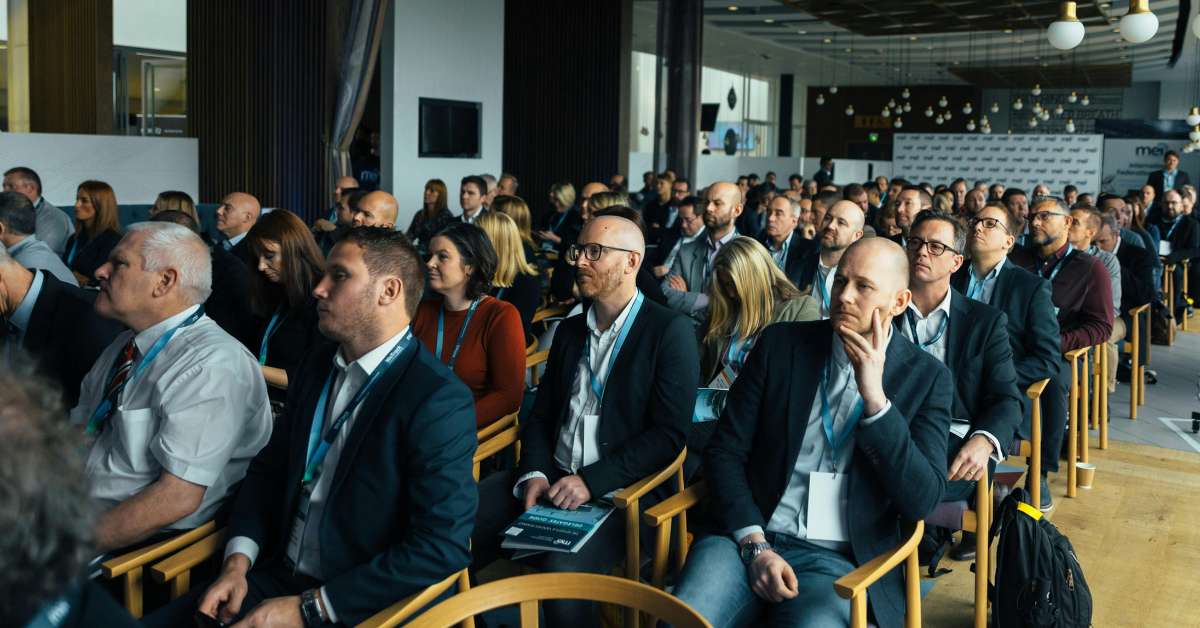
Once you know who you’re speaking to, craft messages that feel personal and relevant. Avoid generic phrases. Instead, highlight how your event solves a problem or delivers a benefit specific to your audience.
Tailored messaging increases trust, boosts relevance, and drives conversions more effectively than a one-size-fits-all approach.
Relying on just one channel like email or social media limits your reach. A robust, multi-channel strategy helps you meet your audience where they are, whether that’s on LinkedIn, Instagram, your website, or through direct mail.
Use a mix of owned (email list, website), earned (PR, partnerships), and paid (social ads, Google Ads) channels. Each platform should have messaging tailored to its audience and purpose.

For instance, while Instagram can showcase event visuals and behind-the-scenes content, LinkedIn is perfect for professional endorsements and industry-specific outreach.
By integrating multiple platforms, you can reinforce your message and build anticipation through consistent touchpoints.
Your event landing page is the digital front door to your event. It should be visually engaging, easy to navigate, and clearly communicate the event’s value. Use attention-grabbing headlines, concise copy, bold imagery, and a mobile-friendly layout to keep visitors engaged and motivated to register.
Make sure all key details like what, where, when, why, and how to attend are instantly visible. Include compelling CTAs, testimonials or past highlights, and a simple registration form. Your landing page should act as a one-stop hub for everything attendees need to know and do.
Tiered ticketing allows you to appeal to a broader range of attendees by offering different access levels, benefits, or price points. This could include general admission, VIP access, group passes, or add-ons like workshop or post-event networking. It gives people flexibility in how they want to experience your event.

Early-bird discounts not only reward early commitment but also help you build momentum in the lead-up to your event. Use countdowns and clear deadlines to encourage action. Limited-time offers create urgency and can significantly boost your initial wave of sign-ups.
Fear of Missing Out or FOMO is a powerful psychological trigger that can be used to your advantage. By offering limited-time promotions, exclusive content teasers, or “only X spots left” messaging, you create a sense of urgency that compels people to act fast.
You can also tease exciting parts of the event in advance such as a speaker announcement, behind-the-scenes or a glimpse of the venue. Use your social channels and email campaigns to build anticipation and make attendees feel like they’re part of something special before it even begins.
Building a connection with attendees before the event can dramatically increase their likelihood of showing up. Send out pre-event surveys, host live Q&A sessions with speakers, or create social media polls to get them involved. When people feel personally invested, they’re more likely to attend.
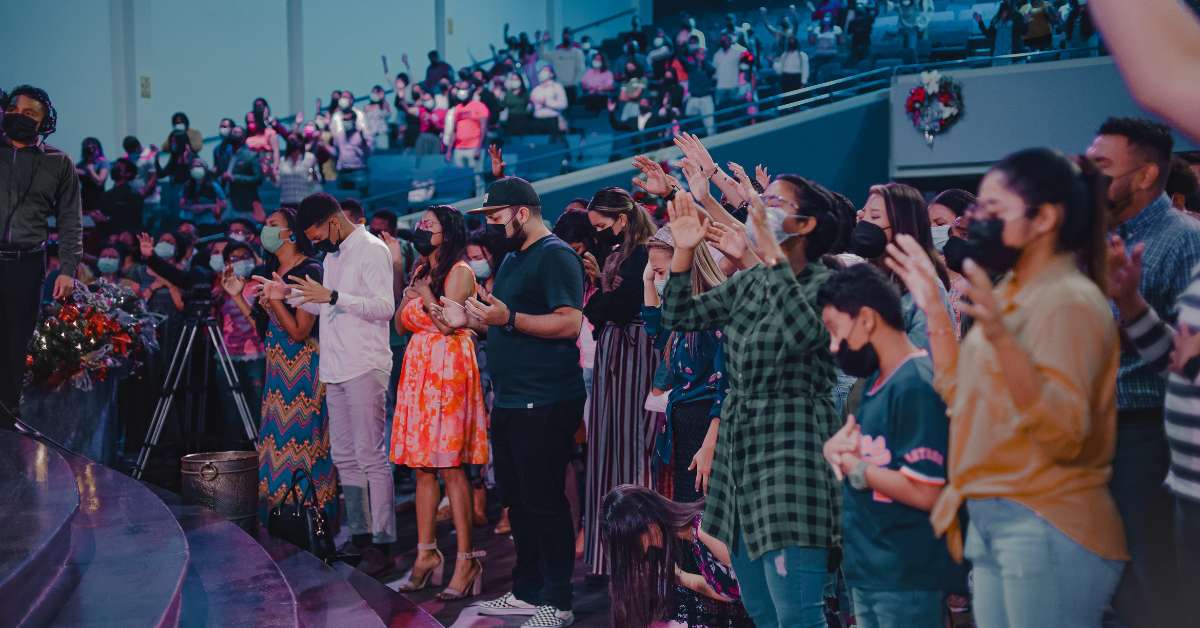
You can also create a private group or chat for early registrants like a space to network, share tips, and build excitement. This not only warms up your audience but also sets a tone of community, making the event feel more like an experience and less like a transaction.
A complicated or time-consuming registration process can be a major deterrent. Ensure your form is short, intuitive, and mobile-friendly. Minimise the number of fields and avoid requiring unnecessary information up front. If possible, allow attendees to sign up using their social media or Google accounts.
Clearly outline the steps in the registration process and send immediate confirmation emails to reduce confusion. An effortless experience from start to finish creates a positive impression and increases the chances of completing the registration process.
Email remains one of the most effective tools for boosting attendance when done right. Go beyond batch-and-blast campaigns. Segment your list and personalise your emails based on the recipient’s interests, behaviour, or registration status.

Follow up with reminder emails as the event date approaches. These can include additional info, session highlights, or incentives like discounts or freebies for sharing the event. A well-timed reminder can be the final nudge that gets someone to commit.
It’s a small detail, but it makes a big difference. Including an “Add to Calendar” link in your confirmation and reminder emails helps attendees lock in the date immediately. It reduces the risk of people forgetting or double-booking themselves.
You can use tools like AddEvent or Eventable to generate calendar links compatible with Google, Outlook, and Apple Calendar. When your event is saved in their calendar, you’ve secured a valuable piece of attention and a better chance they’ll actually attend.
Having the right speaker or influencer can boost your event’s appeal significantly. Not only do they lend credibility to your content, but they also bring their own followers who trust and engage with their recommendations. This is especially useful for niche or B2B events.

Encourage your speakers or partners to share event materials, personalised promo codes, or social teasers. Co-branded content like short interviews or Instagram takeovers can create excitement and expand your promotional reach far beyond your own audience.
Nothing discourages attendance more than poor logistics. Make sure your venue is accessible, signage is clear, and there are ample amenities like parking, food options, and restrooms. Smooth logistics create a seamless experience that encourages people to stay and return.
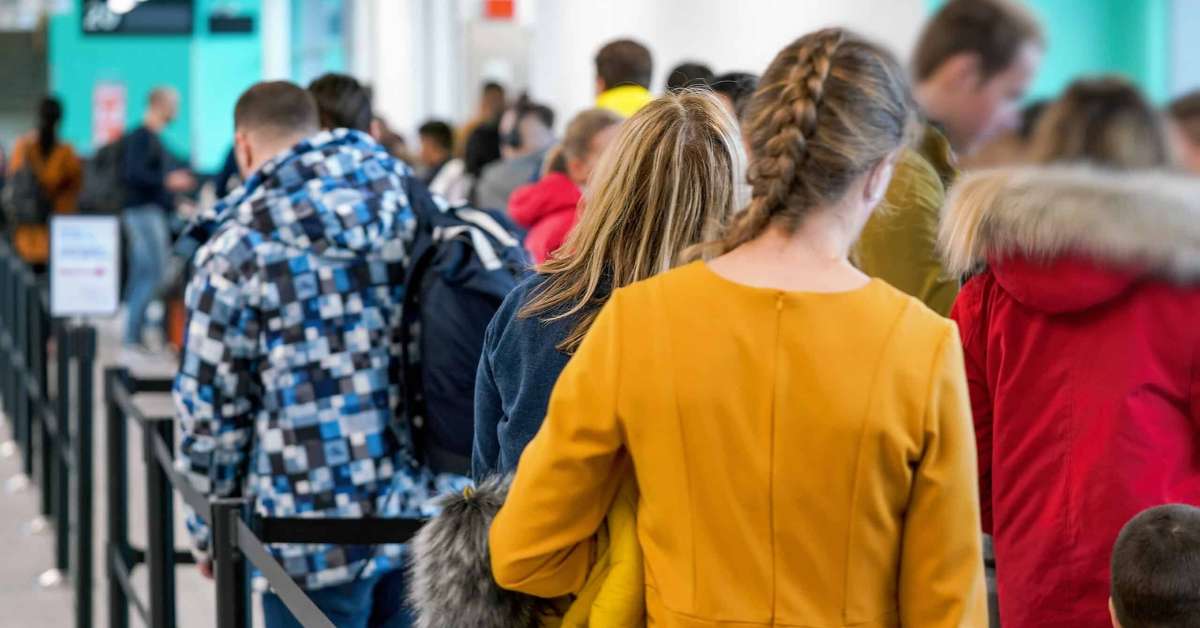
Don’t forget about registration queues, crowd flow, and event staff visibility. Use digital check-ins, clear schedules, and trained team members to guide attendees. The easier and more pleasant the experience, the more likely they’ll attend again and recommend your event to others.
People are more likely to attend if they see others have had a great experience before them. Share testimonials, attendee quotes, photos, and video recaps from past events to build credibility and excitement. Social proof reassures potential attendees that your event is worth their time.
Encourage attendees to tag your event and post their experiences using a branded hashtag. Repurpose this content in your emails, landing page, and ads. Nothing beats authentic, user-generated content when it comes to building trust.
In today’s digital age, many people still want to engage with your event even if they can’t attend in person. Offering livestream access, session recordings, or real-time updates allows you to broaden your reach and accommodate those with scheduling conflicts.

You can also use this tactic to attract future attendees. When people see high-quality live content or exciting updates, they’re more likely to attend your next event in person. Hybrid access also helps you build an ongoing content library to use in future promotions.
Bulk ticket deals are a smart way to increase headcount, especially for business-related or team-building events. Offer group discounts, corporate packages, or referral incentives for companies that send multiple attendees.
This not only boosts registration numbers but also builds loyalty with corporate clients who may become recurring participants. Make it easy for HR departments or managers to sign up on behalf of their teams by offering dedicated support or invoicing options.
Aligning with the right partners can expand your audience and enhance your event’s credibility. Reach out to brands, organisations, or networks that share your target market. Offer value in return such as logo placement, co-branded content, or on-site visibility.
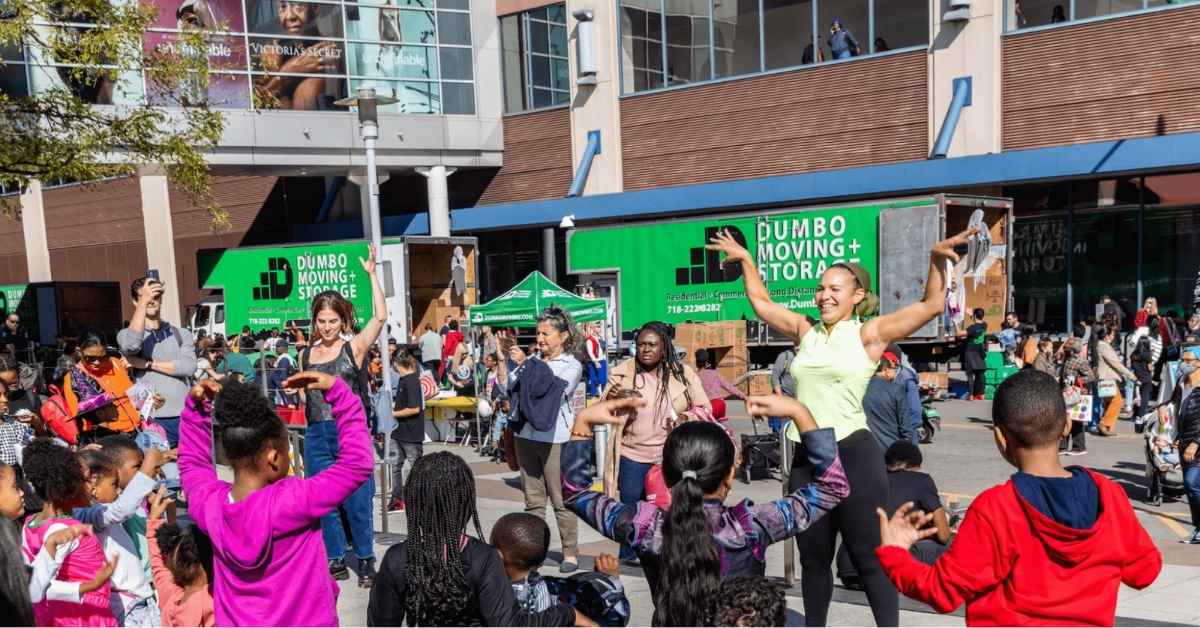
Cross-promotion through email, social media, or blog features allows your event to reach new communities without additional ad spend. A well-matched partnership can make your event feel more established and trustworthy, especially for first-time attendees.
Don’t underestimate the power of last-minute marketing. Many people delay decisions until just days or hours before an event. Launch a final push campaign reminding your audience that there’s still time to register.
Use countdowns, limited ticket notices, or special flash discounts to drive urgency. Pair these with real-time social media updates, speaker previews, or behind-the-scenes content to keep your event top of mind and build momentum right up to the starting line.
In today’s experience-driven world, event attendance is more than just a numbers game. It’s a powerful indicator of engagement, brand relevance, and return on investment.
Whatever event you’re organising, high attendance directly contributes to the success of your objectives. Either it’s driving sales and strengthening partnerships to building brand awareness and community loyalty.

With increased competition for attention both online and offline, attendees are more selective than ever about how they spend their time. A well-attended event signals strong interest and trust in your brand.
That’s why knowing how to increase event attendance isn’t just nice to have. It’s essential to delivering meaningful results and ensuring long-term success in your event strategy.
Even the most well-intentioned events can suffer from poor turnout. Understanding why people don’t show up is the first step to fixing the problem. Here are some of the most common causes of low attendance and how to prevent them:

Addressing these issues early in the planning process helps you avoid preventable mistakes and sets the stage for higher event attendance and better outcomes.
Setting the right expectations for your event’s turnout is key to measuring success and planning effectively. While it’s an exciting time for the events industry ticket sales alone don’t guarantee a full house. Understanding the typical attendance rate can help you plan better and avoid last-minute surprises.
Several factors can influence actual turnout, including the type of event, timing, venue accessibility, weather conditions, ticket pricing, and how well your event is marketed. That said, a good benchmark for in-person events is an attendance rate of around 65%.
If tickets are paid, this figure can rise to 70–90%, as people are more likely to commit when there’s a financial investment involved. For free events, however, it’s realistic to expect only about 50% of registrants to attend.
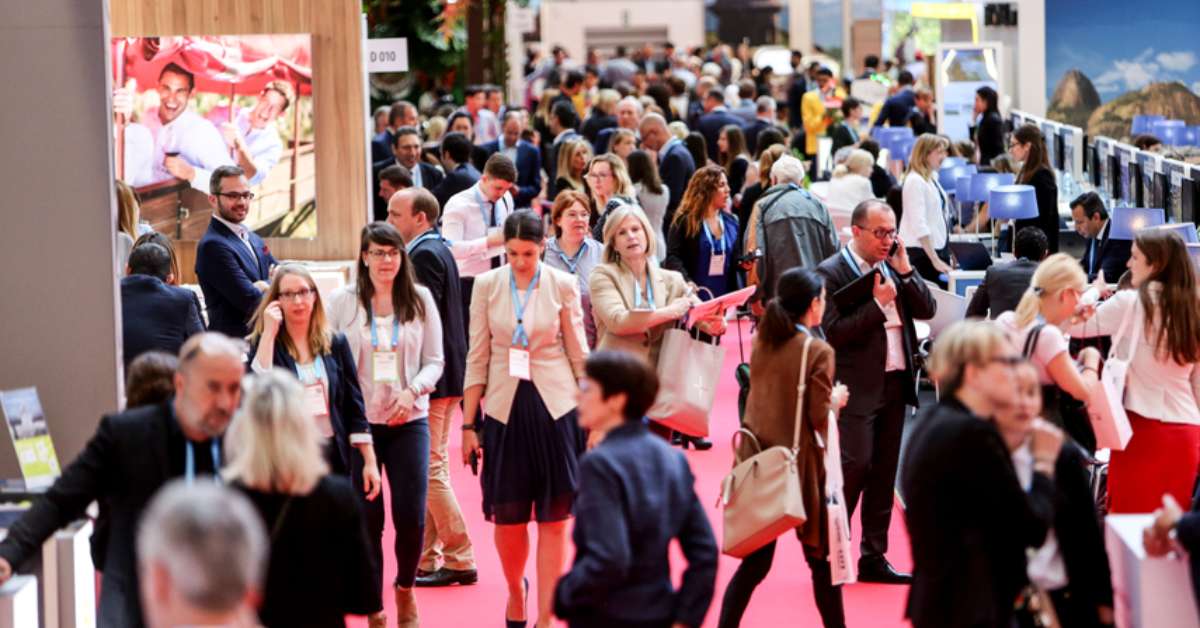
Corporate events often see higher reliability, with attendance rates averaging around 84%, especially when the event is business-critical or employer-sponsored. On the other hand, virtual events typically draw a slightly lower turnout, with attendance hovering around 55%, despite high registration numbers.
Keep these figures in mind when estimating your final headcount and be sure to build in buffers for no-shows to avoid under- or over-planning.
Even with the best planning, event organisers often face common questions about boosting turnout. In this section, we answer some of the most asked questions to help you ensure your efforts lead to a successful, well-attended experience.
Estimating attendance starts with reviewing past data such as turnout rates for similar events, ticket sales trends, or industry benchmarks. As a general rule, expect around 60–70% attendance for paid events and closer to 40–50% for free ones.
You should also factor in your registration deadline, event type, and target audience behaviour. For more accuracy, monitor engagement levels (such as email open rates and social media interactions) and use those as indicators of commitment.
Event management platforms like Eventbrite, Cvent, and Hopin offer built-in tools for tracking registrations, sending reminders, and monitoring real-time attendance.
CRMs and email marketing tools like Mailchimp or HubSpot can segment your audience for personalised outreach. While platforms like Google Analytics and Meta Ads Manager help track campaign performance.

Using these tools together enables you to measure interest, identify drop-off points, and optimise your strategy to boost attendance.
Today’s attendees are driven by experiences, value, and relevance. People are more likely to attend events that offer personal or professional benefits such as learning, networking, or exclusive content.
Strong speakers, meaningful themes, and interactive formats also influence attendance. Beyond content, convenience and emotional connection to the event brand play an increasingly important role.
When working with a tight budget, focus on high-impact, low-cost tactics, such as:
Even simple strategies like well-timed reminders can go a long way in driving attendance without significant spending.
Increasing event attendance requires more than just sending out invites. It takes a thoughtful combination of strategy, creativity, and consistent engagement. By applying the proven tactics we’ve covered, you’ll be better equipped to attract the right audience and fill more seats. Follow Dream Station for more expert insights, event tips, and inspiration to elevate your next event.

OUR GLOBAL PRESENCE
